Dear friends and colleagues,
We’ve made it. This is the last day of 2020 – we’ve faced pain, solitude, stress…but have also witnessed extreme selflessness, unity, gratitude. Within the darkness, any flicker of light can shine as bright.
You have been a great community of readers - healthcare experts, business people, industry leaders, former classmates, friends from work. A group of highly thoughtful, intelligent, most importantly kind people. I appreciate all the comments you have been sending, the healthcare article ideas passed. Thank you for making my fourth quarter of 2020 so much more meaningful.
As a thank you, I would like to share my most treasured list of book recommendations [HEADS UP: this is more going to be a 5 min read]:
The following criteria were applied to my book recommendations:
1) They are non-fiction
2) I have read each book multiple times
3) I have applied concepts into my own life
#1. “The Choice” by Dr. Edith Eva Eger
Context: I read this book during the darkest moments of the pandemic. Like many people, I felt a stretch of time defined by numbness and lack of joy. This book is more of an instruction book rather than a memoir, of how to deal with grief and helplessness, written by holocaust-survivor then turned psychotherapist.
Impact: I’ve become a lot more aware of using my mind as an instrument, training my brain to seek gratitude, leaning into the pain to solve and heal.
Treasured quotes:
“We don’t know where we’re going, we don’t know what’s going to happen, but no one can take away from you what you put in your own mind.”
“Time doesn't heal. It’s what you do with the time. Healing is possible when we choose to take responsibility, when we choose to take risks, and finally, when we choose to release the wound, to let go of the past or the grief.”
“Perfectionism is the belief that something is broken - you. So you dress up your brokenness with degrees, achievements, accolades, pieces of paper, none of which can fix what you think you are fixing.”
#2. “The Life-changing magic of tidying up” by Marie Kondo
Context: I spent many a weekends in my studio, cleaning. It was a method of coping. What I also realized is that once my environment was clean, it had tremendous impact on the clutter of my mind. This book can help even the messiest to adopt a mindshift to cleaning and keeping a room de-cluttered.
Impact: I’ve learned to let go of things I do not need, both material things and past thoughts. It freed my mind to think clearly.
Treasured quotes:
“Keep only those things that speak to your heart. Then take the plunge and discard all the rest. By doing this, you can reset your life and embark on a new lifestyle.”
“From the moment you start tidying, you will be compelled to reset your life. As a result, your life will start to change. That’s why the task of putting your house in order should be done quickly. It allows you to confront the issues that are really important. Tidying is just a tool, not the final destination. The true goal should be to establish the lifestyle you want most once your house has been put in order.”
#3. “The Atomic Habits” by James Clear OR “The Power of Habits” by Charles Duhigg
Context: I’ve read both at different times of my life, the Charles Duhigg book right after college graduation, and most recently the James Clear one. Both have similar concepts on building “mindless” positive habits that have incremental impact long-term.
Impact: Truthfully, I can be quite lazy and am not always motivated. Putting in habit loops helps my life run on automatic. Something as simple as creating a calendar with checkmarks (trigger), setting a time for exercise in the morning (specific), and eating a mint (reward) has helped me exercise 90% of days during the quarantine.
Treasured quotes:
“Simple rules to build better habits (1) make it obvious (2) make it attractive (3) make it easy and (4) make it satisfying.”
“The habit process within our brains is a three-step loop. First, there is a (1) cue, a trigger that tells your brain to go into automatic mode and which habit to use. Then there is the (2) routine, which can be physical or mental or emotional. Finally, there is a (3) reward, which helps your brain figure out if this particular loop is worth remembering for the future.”
#4. “Mastery” by Robert Greene
Context: The human species is capable of incredible things. The only limitation one has is the one that one poses on him/herself. This book studies individuals who have transcended the realms of human capability. It lays out a roadmap to mastery.
Impact: In the time of quietness, creativity rises. As I read through “Mastery,” I am forced to confront the reality that you must love what you do and you are uniquely positioned to combine your skills to your “Life Task”. The book also brings to light the need to have a mentor, a master who can teach the apprentice to accelerate learning.
Treasured quotes:
“You must understand the following: In order to master a field, you must love the subject and feel a profound connection to it. Your interest must transcend the field itself and border on the religious.”
“Mastery is not a function of genius or talent, it is a function of time and intense focus applied to a particular field of knowledge.”
#5. “Science Business” by Gary Pisano
Context: My university thesis was inspired by this book, and if my career were a manual this would be it. In this book, HBS professor Gary Pisano explains the biotech boom of the 1980s and quite frankly likely will be in the 2020s.
Impact: This book shows the struggle between science and business, the incentives of flexible, innovative biotechs and the powerhouses of big pharma. It helped me as someone with “a business head and a science heart” to understand how to bridge that intersection. It can also help you think through how to invest in biotechs.
Treasured Quotes:
“For example, science holds methodology sacred; business focuses on results. Science values openness and sharing (with attribution); business generally demands secrecy and propriety. Science demands validity (Is this idea/finding valid? Does it stand up to scrutiny?); business demands utility (Is it useful?). Both areas can be fiercely competitive, but they compete for different currency.”
#6. “Attached” by Amir Levine, MD and Rachel S.F. Heller, M.A.
Context: This book found me in midst of one of my worst break-ups. Flipping through the pages, I was bawling. Yet with every page, my mind got a bit more of clarity – on why I behave the way I did, and what my love attachment style was and to look out for red flags within myself.
Impact: This book brought to light my own relationship tendencies – and I became more aware of how I interact with others and the reasons behind my behaviours.
Treasured Quotes:
“If you’re anxious, when you start to feel something is bothering you in a relationship, you tend to quickly get flooded with negative emotions and think in extremes.”
“If you’re avoidant, you connect with romantic partners but always maintain some mental distance and an escape route.”
“Your happiness is something that should come from within and should not be dependent on your lover or mate. Your well-being is not their responsibility, and theirs is not yours. Each person needs to look after himself or herself.”
#7. “Never Split the Difference” by Chris Voss
Context: In the past, negotiations always conjure up the image of the “shark” who low-balls his offers and blackmails the counterpart. In this book, former FBI negotiation expert shows you tips and tricks to uncover the hidden “blackswan” that may benefit both parties.
Impact: Using tips in this book, I’ve managed to negotiate ~20% off my rent (pre-pandemic) when it was actually increasing. I’ve also had better family conversations.
Treasured Quotes:
“The key to getting people to see things your way is not to confront them on their ideas (“You can’t leave”) but to acknowledge their ideas openly (“I understand why you’re pissed off”) and then guide them toward solving the problem (“What do you hope to accomplish by leaving?”).
“Who has control in a conversation, the guy listening or the guy talking? The listener, of course. That’s because the talker is revealing information while the listener, if he’s trained well, is directing the conversation toward his own goals. He’s harnessing the talker’s energy for his own ends.”
#8. “48 Laws of Power” by Robert Greene
Context: I came across this book when I was a teenager and I hated it. I thought it was manipulative, conniving, negative. A couple of years passed, and I decided to pick it up again. Partially to understand the current political environment and why incumbent leaders are so powerful. This book explains the laws of human nature and how people in history obtained power.
Impact: It took me a while to understand that power may be evil but powerlessness is also, evil. Enron is a great example of an organization of people who feel powerless to change, which spiraled into a bigger disaster than it would have been otherwise. Understanding power tools people used have helped me to be more aware of it, and not be so naïve and idealistic.
Treasured Quotes:
"If you are unsure of a course of action, do not attempt it. Your doubts and hesitations will infect your execution. Timidity is dangerous: Better to enter with boldness. Any mistakes you commit through audacity are easily corrected with more audacity. Everyone admires the bold; no one honors the timid."
“An emotional response to a situation is the single greatest barrier to power, a mistake that will cost you a lot more than any temporary satisfaction you might gain by expressing your feelings.”
#9. “Boundaries” by Dr. Henry Cloud & Dr. John Townsend
Context: Growing up in cultural tenet of filial piety and working in professional services have trained me to maintain harmony in my environments. However, in years such as this one, it led to burnout and tremendous stress. This book shows how to be unapologetically honest, because let’s face it, being “nice” is a cop-out and actually is very selfish.
Impact: The book helped me shift my mindset to express my true opinions whereas in previous years I would ignore, forgive, and resent. It has led to better, more truthful relationships.
Treasured quotes:
“Many people will not be honest because they fear loss of intimacy and togetherness. In reality, honesty brings people closer together, for it will strengthen their identities.”
“Did the dentist hurt you when he drilled your tooth to remove the cavity?” “Yes.” “Did he harm you?” “No, he made me feel better.” “Hurt and harm are different,” I pointed out. “When you ate the sugar that gave you the cavity, did that hurt?” “No, it tasted good,” he said, with a smile that told me he was catching on. “Did it harm you?” “Yes.” “That’s my point. Things can hurt and not harm us. In fact they can even be good for us. And things that feel good can be very harmful to us.”
#10. “Never Eat Alone” by Keith Ferrazi
Context: I remember the first on-campus interviews in my junior year of college. Everyone in suits, doing small chitchat. This book teaches a lot more authentic ways to maintain connection to people, even in a pandemic when “eating alone” is quite likely.
Impact: The thesis of this book is that relationships is all there is in the universe and it is what makes things happen. The best way for better relationships is to add value to others, to raise others up. I found that networking is a lot less intimidating if I view it as ways to contribute value to others.
Treasured Quotes
“Power, today, comes from sharing information, not withholding it.”
“Identify the people in your industries who always seem to be out in front, and use all the relationship skills you've acquired to connect with them. Take them to lunch. Read their newsletters. In fact, read everything you can. Online, there are hundreds of individuals distilling information, analyzing it, and making prognostications”
“Real networking was about finding ways to make other people more successful.”
What is your one book recommendation that changed your life? My ask for you, if you choose to do so, is to comment below. Then I will compile all of the book recs (anonymously) to share with this group!
Happy New Years Eve everyone, and may 2021 bring new beginnings!
Moving forward,
Katherine




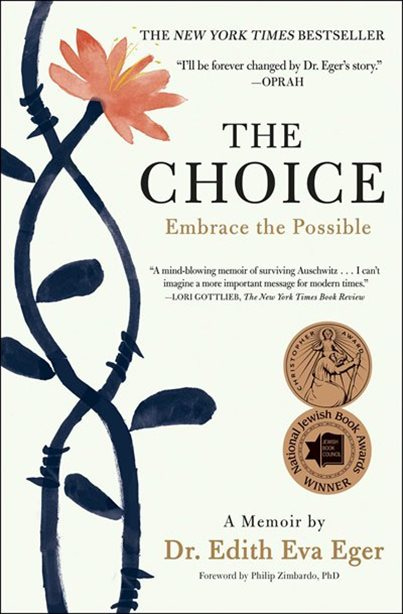
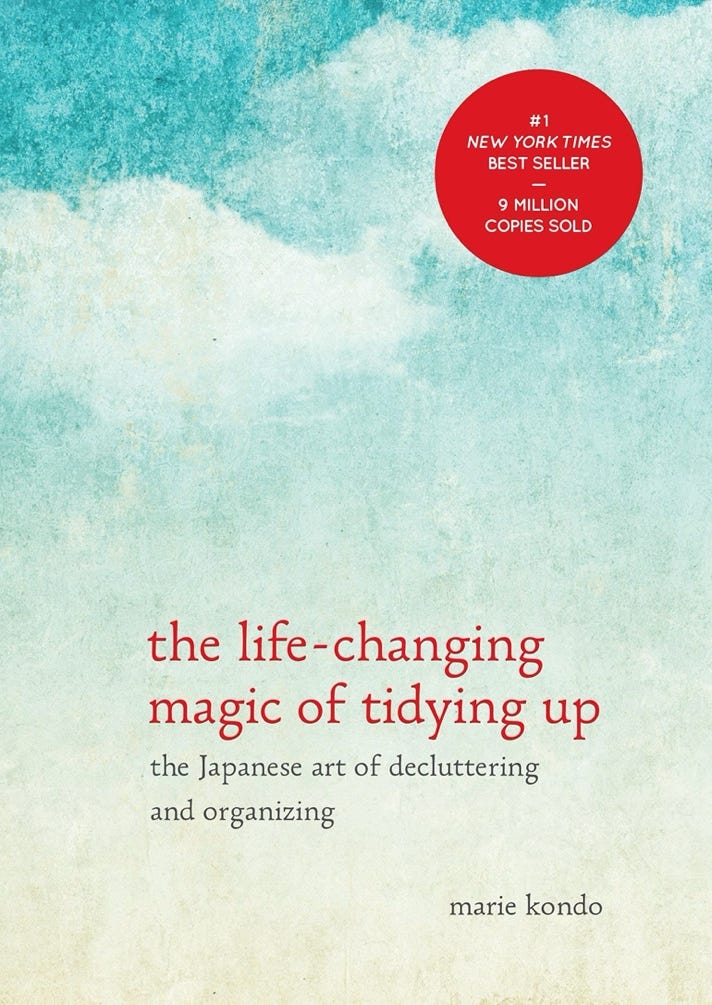

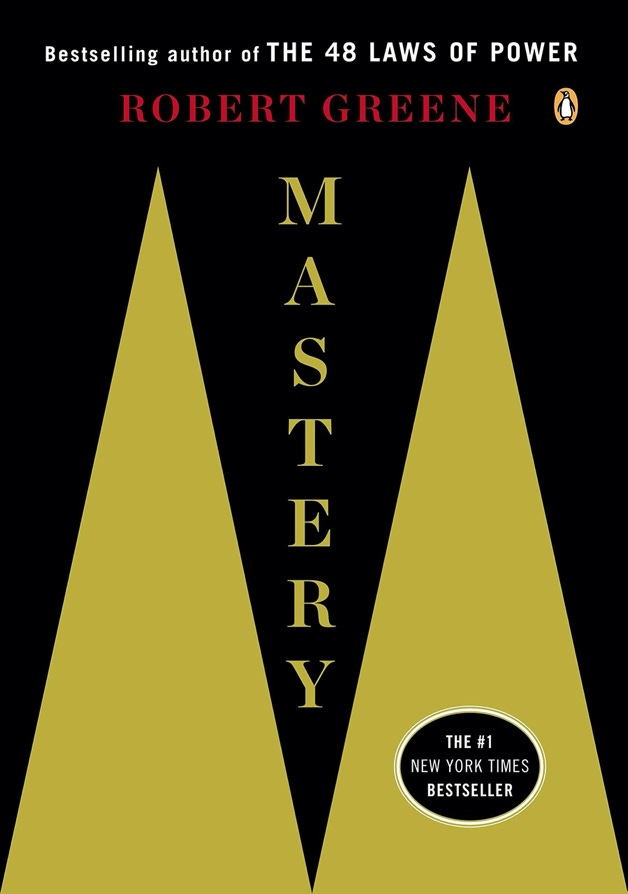
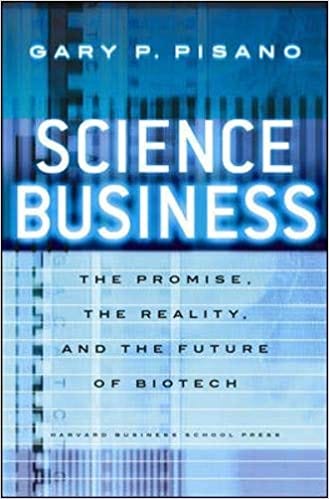
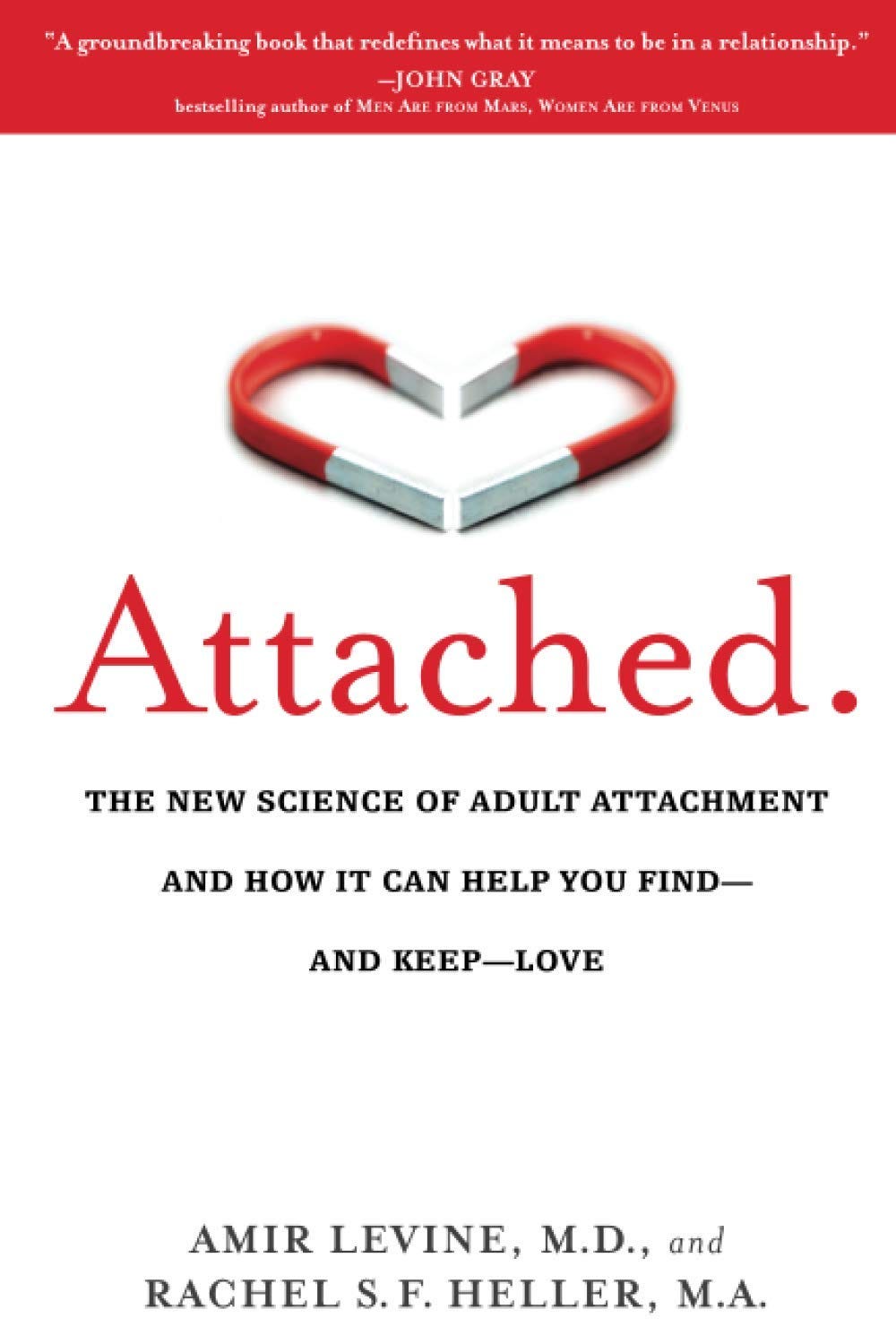
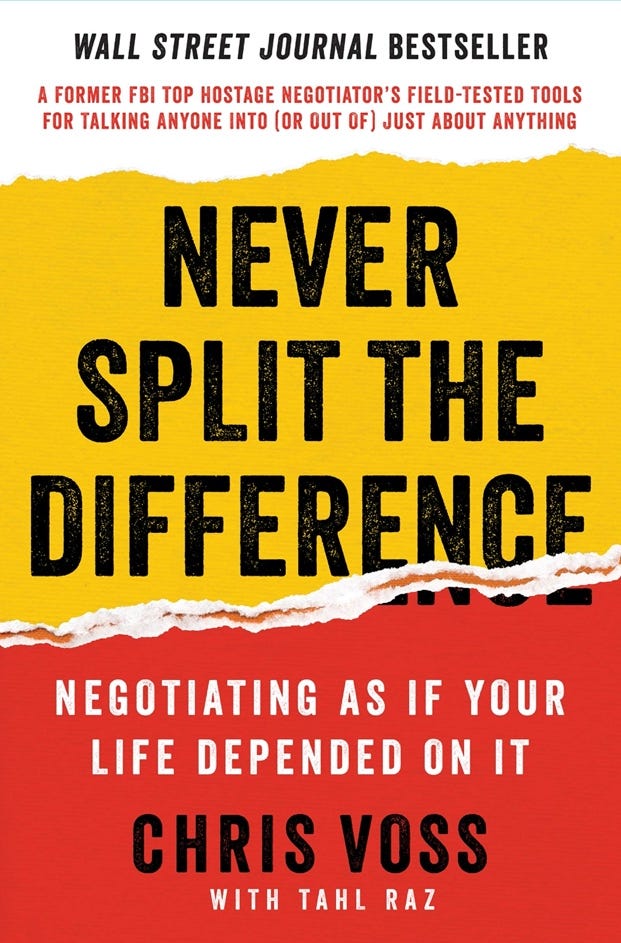
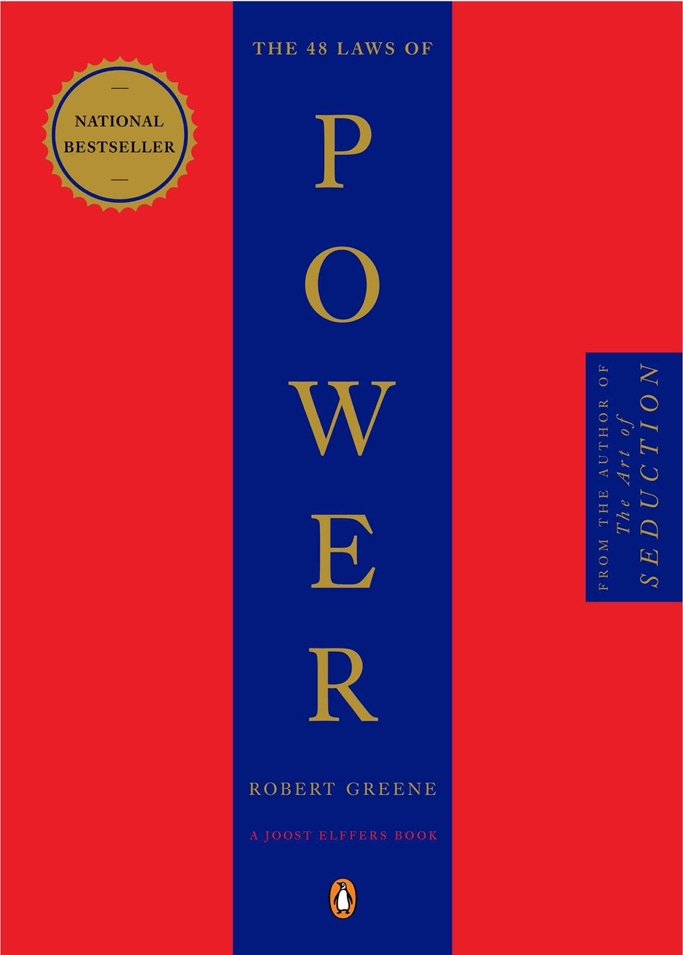
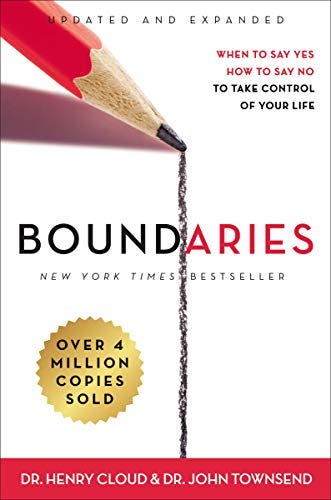
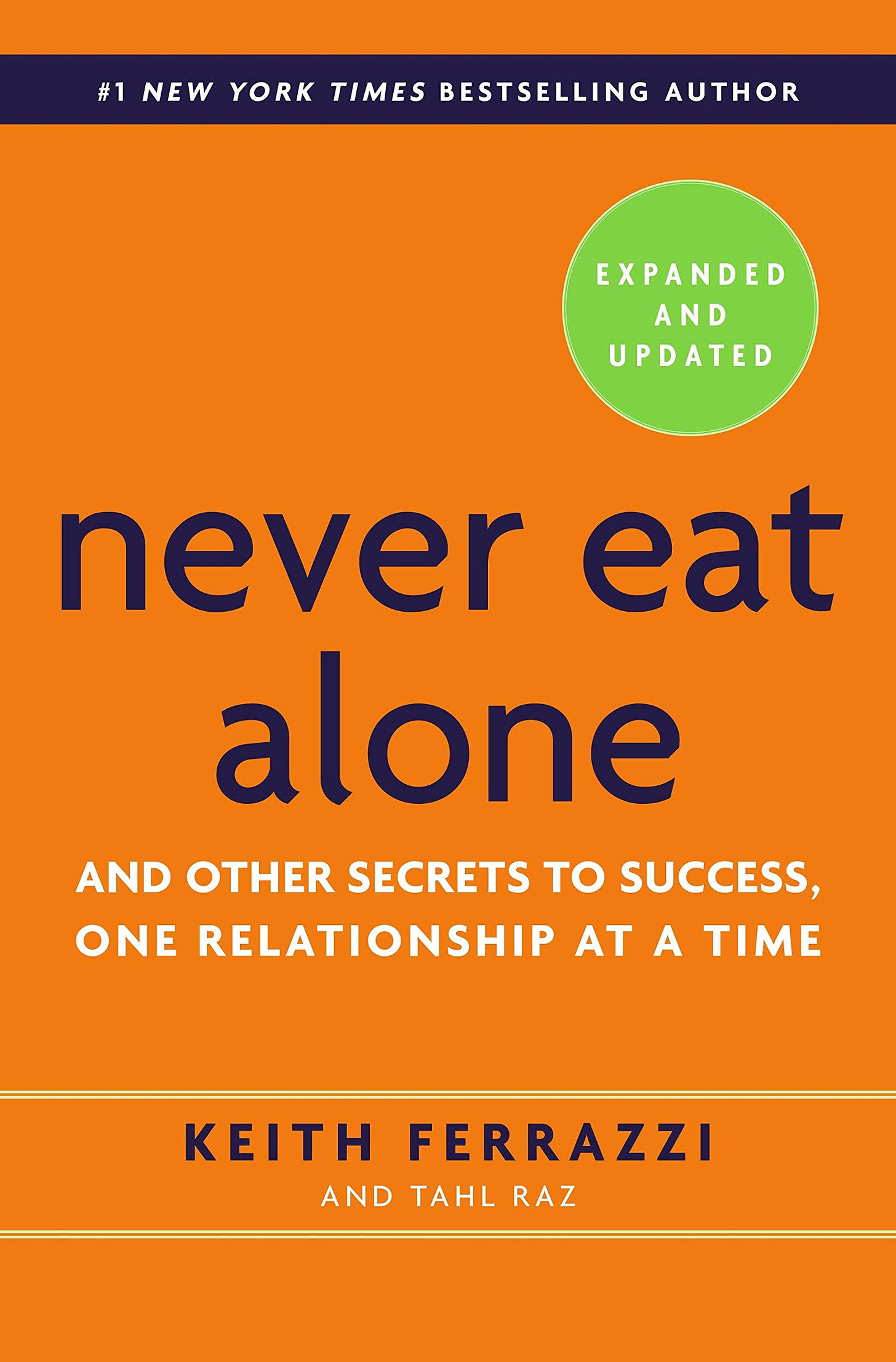
Write down your book recommendations here:
the real anthony fauci